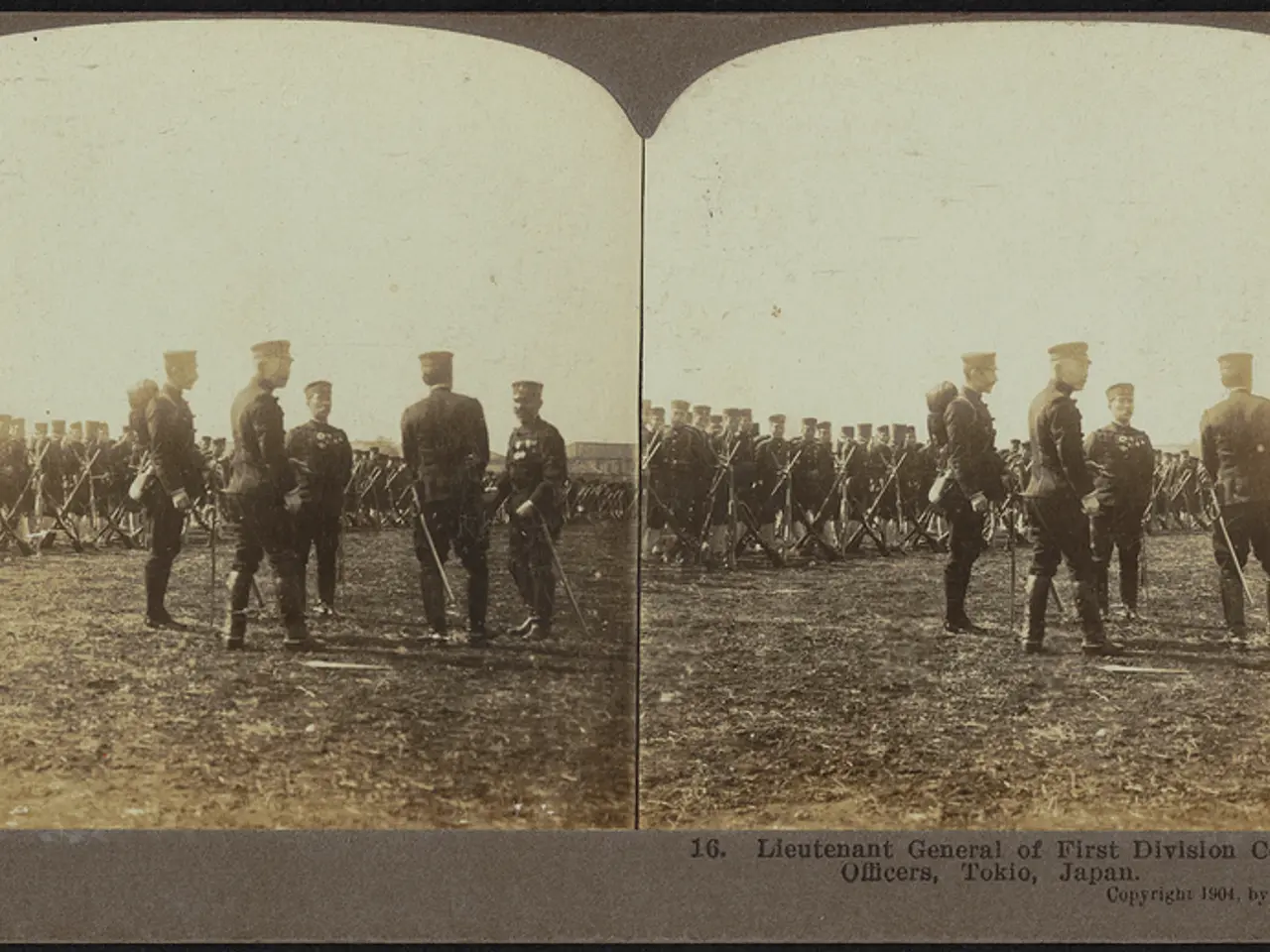Worldwide Suicide Prevention Initiative: U.S. Air Force Implementing Life-Saving Strategy at All Bases Globally
In an effort to combat the rising rates of suicide within the Air Force, the Wingman-Connect team is adapting the program to reach other groups in need, such as schools, workplaces, faith and community organizations [1]. This innovative approach aims to strengthen the bonds within small peer networks, providing a supportive environment that can help prevent suicidal thoughts.
The roots of Wingman-Connect can be traced back to a research trial that ran for nearly a decade at an Air Force base in Wichita Falls, Texas. The program's success has been so significant that the Air Force is now investing $5 million to expand it to all of its 68 bases around the world [2].
At the heart of Wingman-Connect lies a unique approach to suicide prevention. Rather than focusing on the negative effects of stressors, the program builds connections and positivity among its participants. This hands-on approach fosters peer support and social bonding, which are key protective factors against suicide within military populations [3].
The program, known as Wingman Guardian Connect (WGC), is designed to create a strong peer network through structured, in-person interactions. Airmen connect "story by story," helping to establish trust and mutual support early in their careers. By enhancing these social bonds, the program strengthens the sense of community and belonging among military members, crucial elements in suicide prevention [3].
The intervention is projected to reach more than half a million airmen by 2035 [4]. Since 2015, the Air Force has lost more members to suicide than to combat [5]. Wingman-Connect consists of only six hours of actual training spread over three days, making it accessible and manageable for all Airmen.
The success of Wingman-Connect is significant because the problem has proven resistant to change. Suicides now account for 25% of all active-duty military deaths [5]. The goal of the training is to ensure that everyone leaves with at least two valued colleagues, providing a network of support that can help during times of distress.
Airman Tyler Wilkey stated that he learned the importance of balance in life through the program, while Pastor Fredrick Johnson of the First Genesis Baptist Church in Rochester has heard only positive comments from the teens and adult church members who have gone through the training.
In addition to the Wingman-Connect program, offshoots such as Haven-Connect are being tested in predominantly Black churches in Rochester and Harlem to address the increasing suicide rate of Black adolescents. The Connect program for New York State police officers has also been implemented in Albany, Mamaroneck, and Port Chester.
The success of Wingman-Connect lies in its focus on the source of suicide prevention, harnessing the power of groups and social networks. By strengthening these natural support systems, the program is making it more likely that Airmen will reach out to their peers for help during times of distress, rather than suffering in isolation.
Read also:
- Parliamentary Meetings in the Federal Diet of Germany this Week
- Warning signs of potential health issues indicated by Dr. Amir Khan, unveiled in a recent discourse
- Anemia: A Potential Threat and Treatment Strategies
- Insulin refusal during gestational diabetes is possible, but it may have detrimental impacts on both mother and baby.




